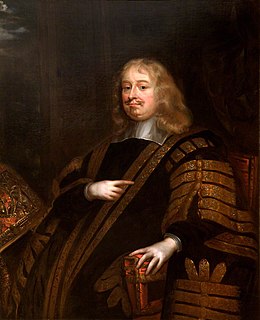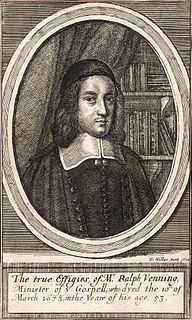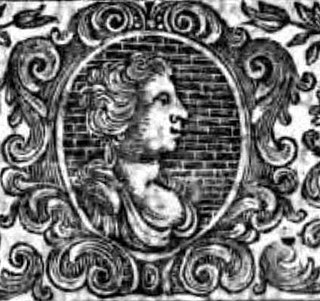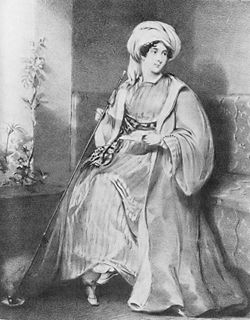A Quote by Edward Hyde, 1st Earl of Clarendon
Counsel and conversation is a good second education, that improves all the virtue and corrects all the vice of the former, and of nature itself.
Related Quotes
A vice sanctioned by the general opinion is merely a vice. The evil terminates in itself. A vice condemned by the general opinion produces a pernicious effect on the whole character. The former is a local malady; the latter, constitutional taint. When the reputation of the offender is lost, he too often flings the remainder of his virtue after it in despair.
Human nature itself is evermore an advocate for liberty. There is also in human nature a resentment of injury, and indignation against wrong. A love of truth and a veneration of virtue. These amiable passions, are the "latent spark" . . . If the people are capable of understanding, seeing and feeling the differences between true and false, right and wrong, virtue and vice, to what better principle can the friends of mankind apply than to the sense of this difference?
On the whole, men are more good than bad; that, however, isn't the real point. But they are more or less ignorant, and it is this that we call vice or virtue; the most incorrigible vice being that of an ignorance that fancies it knows everything and therefore claims for itself the right to kill. The soul of the murderer is blind; and there can be no true goodness nor true love without the utmost clear-sightedness.



































